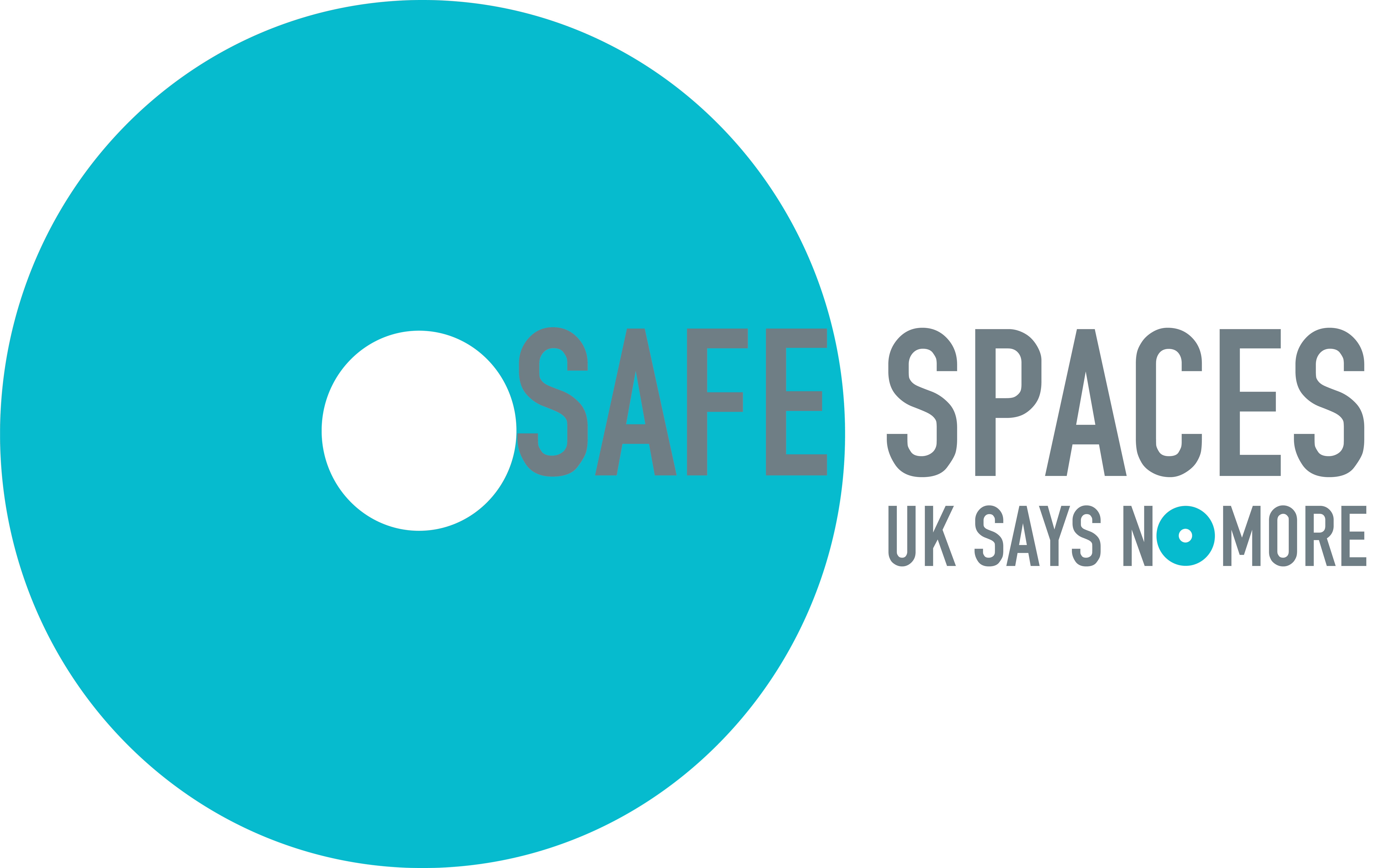Safely using electrical appliances at home
16 November 2023
This week is Electrical Fire Safety Week which raises awareness of electrical fire risks and the simple steps that people can take to avoid a devastating fire in their homes. Over half of all accidental house fires are caused by electricity, and nine out of ten electrical fires are caused by electrical products. 15% of fires in the home are caused by faulty appliances and leads. Keeping you safe in your home is a top priority for us, so here is an overview of how we keep you safe from electrical fires, and steps you can take to reduce the risk of electrical fires.
Our electrical safety tests
We’re working towards ensuring all homes we rent out have electrical checks every five years. This is currently a legal requirement for private landlords and hasn’t yet been extended to social landlords like us. However, as we take building safety very seriously, we want to uphold high safety standards too so we are working towards meeting this standard. These checks also give us the opportunity to fix any faults identified or issues which will need attention in the coming years. We’ll contact you when you have an electrical safety test due – you can keep your appointment or contact us to reschedule it but please don’t miss it.
Electrical tests are for your safety to:
- help keep you safe from electrical fires and heat damage
- help reduce the chance of anyone getting an electric shock (which can be fatal)
- help reduce the risk of electrical burns
- make immediate dangers safe
- make sure you’ve got the correct protection on circuits
- make sure your smoke alarms are working so you have time to escape if there’s a fire.
During the test:
- we will replace your smoke alarms if they’re nearing the end of their life expectancy
- we will check that all of the hard wiring (the cabling you can’t see, hidden in the fabric of your home), switches, sockets and fittings aren’t damaged or in need of replacement.
- The power will need to be switched off for a short time but we’ll work in a professional way and keep this necessary disruption to a minimum.
- The engineer will need access to all the rooms in your home.
- If you have a shed/outbuilding with electrical power, they’ll also need access to this.
- They may also need access to your loft (if you have one).
You must be at home while our engineer carries out the inspection. Please make sure someone over the age of 18 is in the whole time we’re there as we can’t be in your home unsupervised.
Tips to avoid electrical fires
- Large appliances, like washing machines, should always have a single plug to themselves as they use more power.
- Unplugging appliances reduces the risk of fire. If they’re not designed to stay on (like freezers are), unplug them when they’re not in use and when you go out or go to bed.
- Not sure if you’ve overloaded your sockets? Try this useful online tool: www.electricalsafetyfirst.org.uk/guides-and-advice/around-the-home/overloading-sockets
- Watch out for signs of dangerous or loose or frayed wiring, such as scorch marks, hot plugs or sockets, flickering lights, blown fuses or tripped circuit breakers for no obvious reason.
- Check and replace old cables or leads.
- Don’t put cables under carpets.
- Make sure electrical appliances have a British or European safety mark when you buy them
- To be the first to hear if your appliance has a safety recall, register it here: www.registermyappliance.org.uk/registration
- For safety reasons, we have a zero tolerance policy on items stored in communal areas. If you have an e-bike, e-scooter or mobility scooter, please store and charge it in your home (except if there’s a dedicated area for mobility scooters). They should be placed in a cool area on a hard surface, away from escape routes, in a room with a smoke alarm, and only charged when you're awake and within the premises. Please make sure batteries are not damaged and let them cool down before you recharge them.

